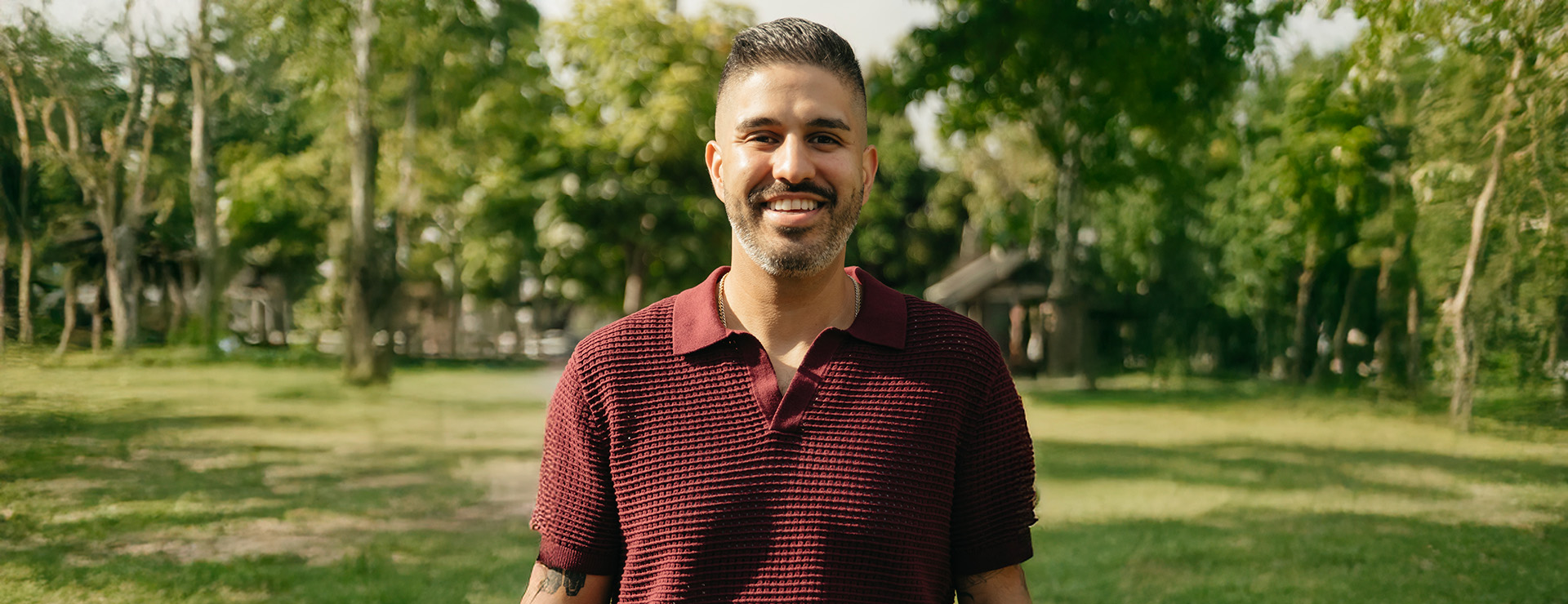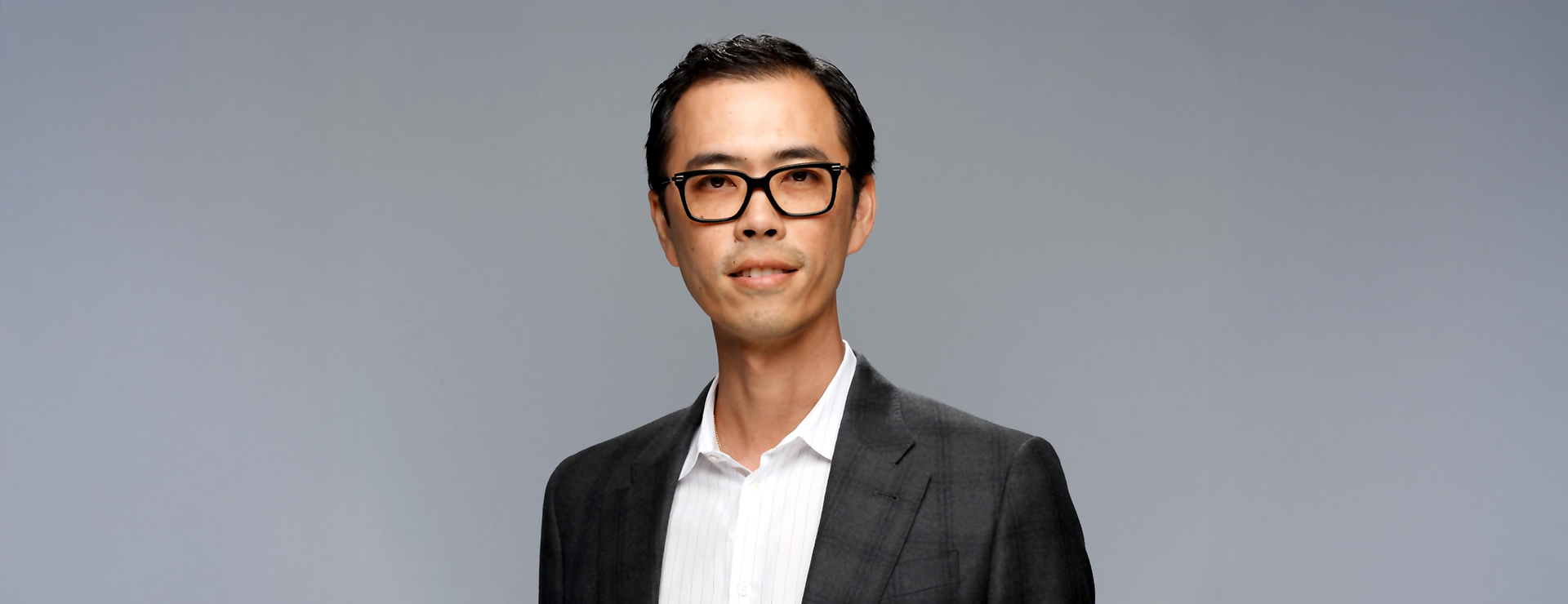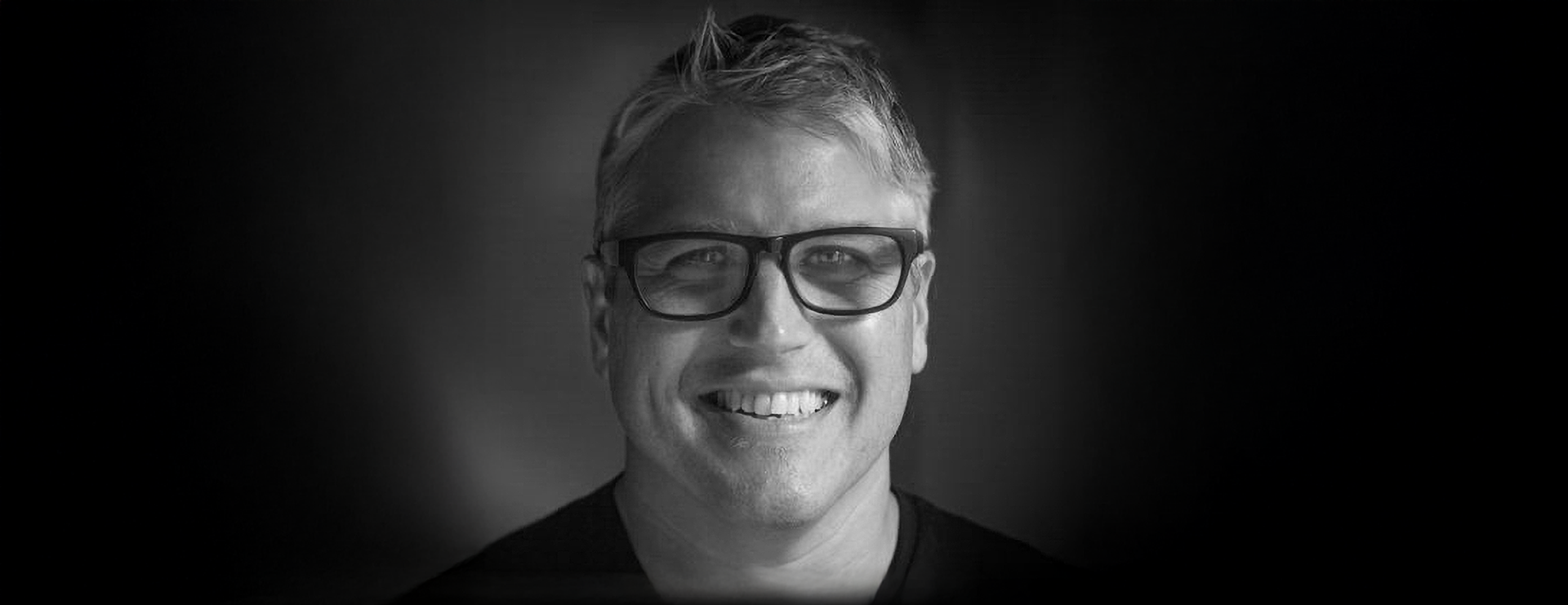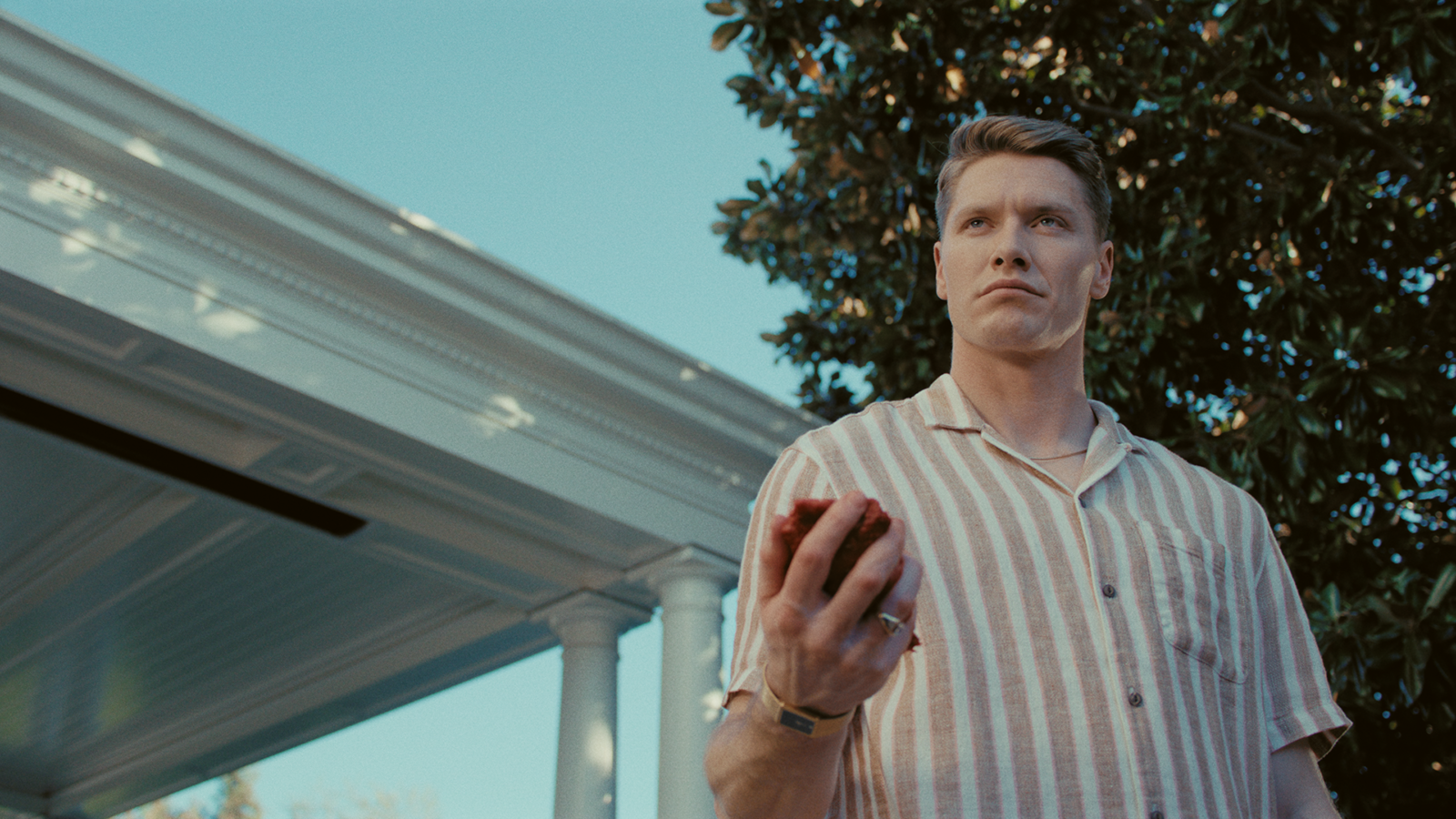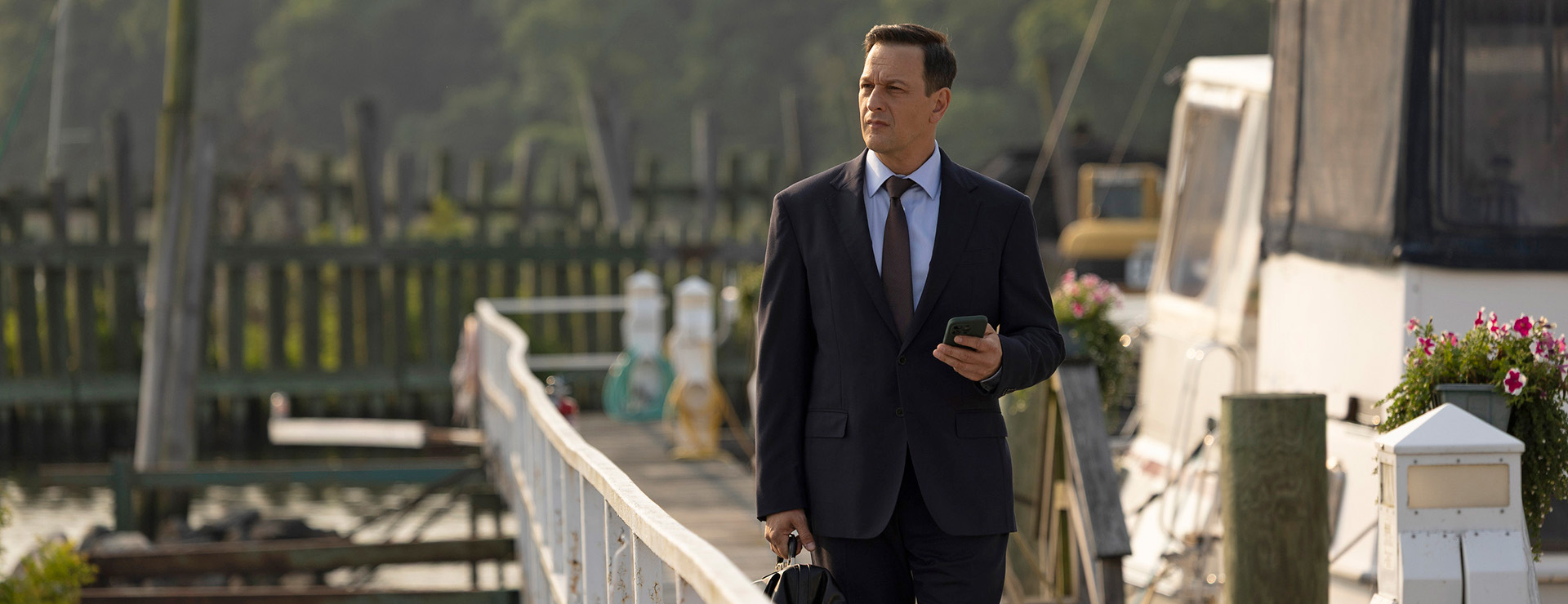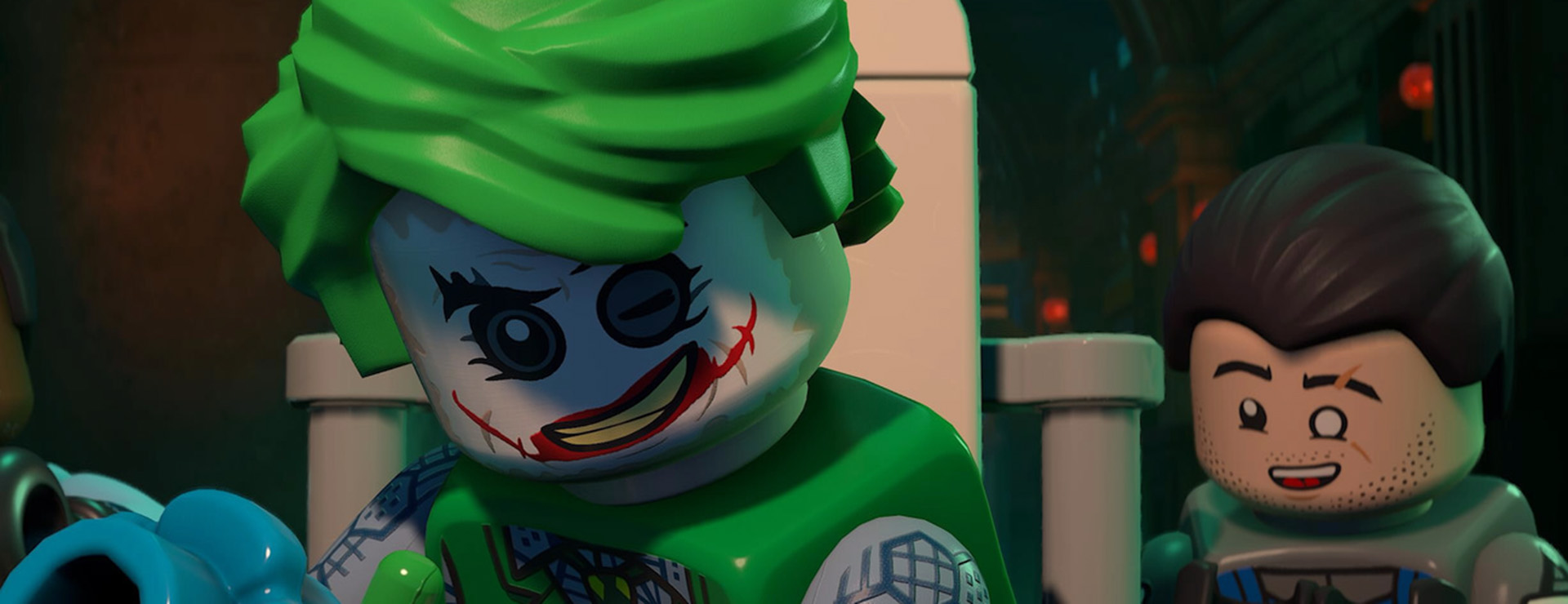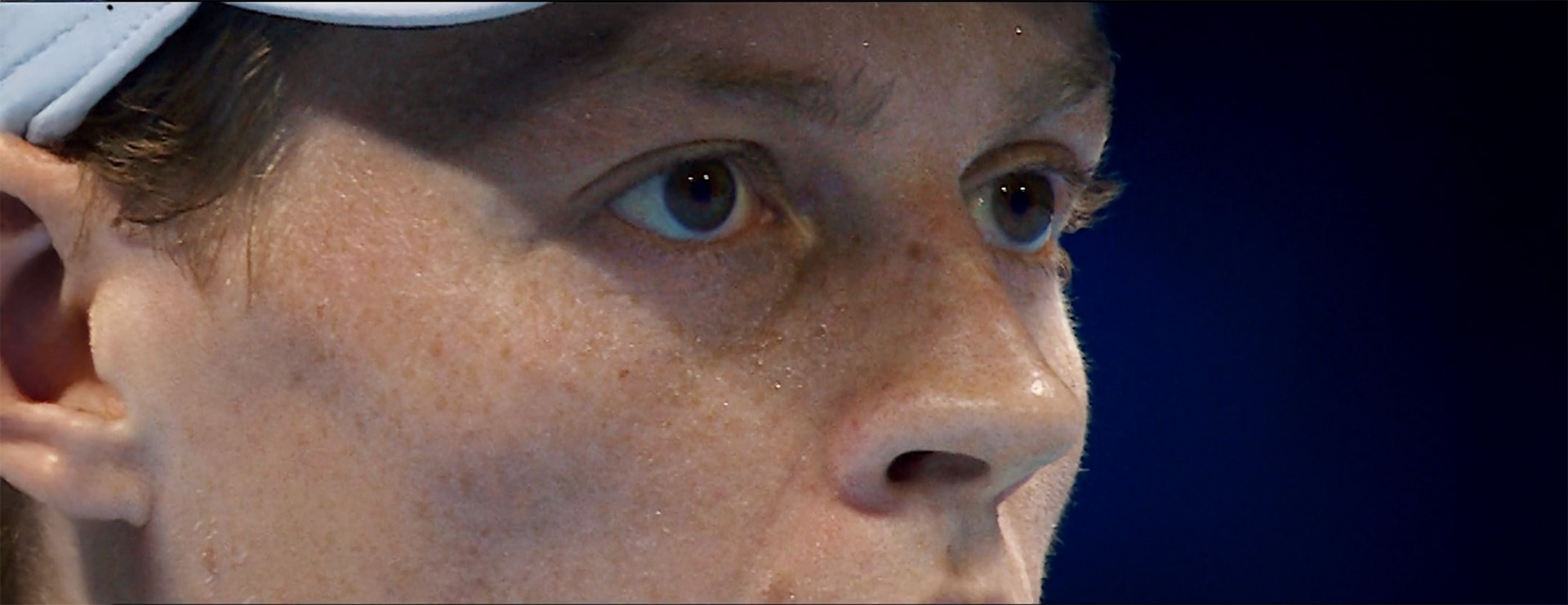From the start of his career, Rishi Chadha has worked on the edge of technology as it shapes culture. In his early twenties, he attended an esports event at the Anaheim Convention Center and saw first hand how passionate people were about playing video games in community. That led him to Machinima, where he served as director of network partnerships. From there, he went to Major League Gaming, then Twitter/X. In all of his roles, he has worked with external brands to build out platforms.
Chadha joined Meta in January as head of VR scaled partnerships. In that role, he works with game developers to develop apps for Meta’s Horizon OS platform, which has been created to work in concert with Meta’s Quest devices.
Chadha chatted with Spotlight about where he’s been, what he’s working on at Meta, and why it makes sense for entertainment brands to develop close relationships with gaming platforms.
Read the entire edited interview below.
Spotlight: How do you describe what you do at Meta and how has this role evolved from what you previously did at Twitter, now X, Machinima, Major League Gaming and so forth?
Rishi Chadha, head of VR scaled partnerships, Meta, and GEMA board member: I lead VR scaled partnerships here at Meta. I would say that my day to day now is working with independent developers of all shapes and sizes as they develop their apps and games for Meta Horizon OS, which is used by Meta Quest devices.
Spotlight: What’s your sense of consumer adoption of this technology?
Chadha: It’s been really impressive to see how far it’s come. I think the first time I used an Oculus headset was back in 2012. It used to have to be plugged into a computer but now you can have a standalone headset that you can use to play a variety of games that have much better fidelity than they had back then. Overall, the adoption has been great to see and it’s continuing to grow and evolve.
That’s part of the reason I joined the company – I felt like it was a good time to do something new. Through a lot of my career, I’ve worked on nascent platforms or products, trying to bring them to a mainstream audience. It has been really exciting to do this as the next evolution of my career. Prior to this, I was doing it with live streaming and content creation at places like Machinima and Major League Gaming. I then moved over to Twitter, now X, where I helped people create and develop content for the platform that allowed them to grow their audience and engagement and make a business out of that effort, especially around the entertainment, gaming and esports space.
VR is an area that was super intriguing to me and I think that Meta is primed to build and support the VR space. To be a part of that has been really fun so far.
Spotlight: When you are developing partnerships, what are you looking for? What are the components that you think create good, solid partnerships?
Chadha: A lot of what we’re doing now is looking at the potential and the existing experience of developers that we’re working with. How much have they already done in this space? What have they worked on? What ideas and concepts are they trying to build? Is it something that has never been done before? How feasible is it? What are the opportunities for it? Are these developers addressing a content need that our audiences and communities are looking for on the platform that we don’t currently offer? Is there an opportunity to push the envelope and build something that's new for the platform? And how do you utilize the tools and functionality of the platform in the best way?
Spotlight: What would you say are the trends, behavior and conversations that you’re taking into consideration right now as you build out the platform?
Chadha: There are games like Gorilla Tag that are doing really well on the platform and have become really popular, and those game mechanics are being used in other popular games on the platform. We also look at other game titles or concepts that people are interested in and think about how they can be adapted to our platform based on how the technology is progressing. So things like core shooter games, for example: what do those look like in VR?
Spotlight: Do you look at the broader video game world, like console and PC games, to see what is trending there as well?
Chadha: That’s been interesting, because Quest offers a totally different way of playing games. Some of the more casual concepts that we see people play in mobile settings translate pretty well. We are also thinking about how we can do more complex games – like shooter games or role-playing games or strategy games – and considering how we can bring those things to life. You have to see what the audiences are going to gravitate to once they’ve been published.
We also look at the insights coming from what people are playing on other platforms and how we can apply those insights to this space. You want to make sure you are making games that actually work and provide a good experience.
Spotlight: Have you seen any ‘killer apps’ so far that have really encouraged people to acquire and use the Quest headset?
Chadha: Batman: Arkham Shadow did really well when that came out. People were buying the Quest system because of that game. Our hope is to continue to make more of those types of titles and bring them to life so that people are excited to play them.
Spotlight: What do you need from partners to make them successful for themselves, for platforms and for consumers?
Chadha: I think a willingness to collaborate is one of the biggest things. They also need to have an openness to take feedback and understand the feedback, and to be able to look at the data and understand and be influenced by that data.
If someone comes to us or if we identify someone and start working with them, it’s because we like the initial idea. As we build together, I always want it to be a two-way street.
Spotlight: How open and responsive do you find your partners are to data and feedback?
Chadha: It varies, but I would say that the good thing is that when we've built a rapport and trust with the people we work with – and that's something I strive to do – they understand that we have their best interests in mind when we try to share this feedback, whether it’s good, bad or whatever. We want it to be something that’s going to be beneficial to everybody, and we want it to be mutually beneficial. Building that trust is really important.
Spotlight: How have you worked with brands – and particularly entertainment brands – to build content that connects with fans and consumers?
Chadha: We’re starting to see a lot more traditional entertainment brands come to the table and say ‘what are the things we can do to reach a younger audience?’
We're at a point now in the content consumption space where you need to make content for wherever your audiences are. Audiences are way more fragmented than they have ever been before, and so you have to be able to create content and distribute it on multiple platforms and in different mediums.
Spotlight: Are there any particular activations that you're particularly proud of, or that you think are particularly illustrative of success you've had in this role?
Chadha: I’m still new here at Meta so that chapter has yet to be written but I was really proud about the work I was doing at Twitter/X, with regard to some of the different ways we were taking the conversations that were happening on the platform and turning them into real-life opportunities.
We partnered with the WWE, and we gave fans a chance to tweet for a chance to get tickets to their live events, like SummerSlam and WrestleMania. We also did something with SummerSlam where people could tweet and then receive exclusive still images from the event.
Separately, we partnered with Riot Games and Honda and created an event where people could tweet about why they were the biggest League of Legends fan, and get a chance to win a Honda car. We ended up giving away two cars because of that campaign.
Just the way we were able to take a conversation that was already happening on the platform and turn it into something that brands and media companies could get involved with and make something really special for fans was something I’m really proud of.
Spotlight: How should entertainment marketers view the video game industry in terms of being an opportunity for them?
Chadha: I think games are where you have an opportunity to tap into your next generation of fans and consumers. This is where the younger audience is located right now.
I think games in general are a social medium that people are using more than ever. This is where people are connecting with their friends on chat all over the world while they play games together. If you want to capture the next generation of people that are going to consume your content, this is where they are.
Spotlight: You've done a tremendous amount of work with creators, going back to Machinima and Major League Gaming. The amount of partnerships between brands and creators has grown exponentially since then. Where are you seeing entertainment brands succeed in the current environment?
Chadha: The deals in which brands are leaning into the creators that they're working with and not trying to get them to do something that's not native to their audience are the ones that are most successful. If you're working with someone and you know that they're a fan of your product, or if they have a certain way of doing things with your product, you're going to trust the process and let them do what they're going to do with that, because that's how they're going to organically and authentically reach their their fan base and get them excited about the products. In the partnerships that are most successful, you can see alignment between the brand, the content that’s being created and the interests of their audience.
Spotlight: How is this new role you have with Meta sort of the culmination of everything that has come before in your career?
Chadha: There’s very much been a theme throughout my career of me working on nascent products and nascent fields and having the opportunity to push them into a more of a mainstream audience. When I was in my early twenties, I saw thousands of people playing video games in the Anaheim Convention Center, and I realized that was going to be something. That’s how I got my first job at Machinima where I was able to tell people, ‘you can make a living posting video game content on YouTube and running ads in front of it.’
I think that’s part of the excitement – you just have to go with your gut and give it a shot. I’m very fortunate that I’ve had the opportunity to test things out and explore these opportunities. I’m really grateful for that, and I hope to help other people be able to do that too, especially the next generation. I think everyone should feel like they have an opportunity to take these kinds of shots. That’s how we will spur innovation.
Spotlight: What advice would you give young people who are wanting to get into these industries?
Chadha: Don’t be afraid to learn from people. Don’t think that you know everything. Approach things with a little humility and be open to learning. And don’t be afraid to collaborate with people. That’s the best way to see where opportunities can take you.
That's very much what I feel like I'm getting to do again here at Meta. Being at the forefront of technology now more than ever has been really exciting for me. It's been the next evolution in my career, and that's what I’ve really enjoyed about it so far.



